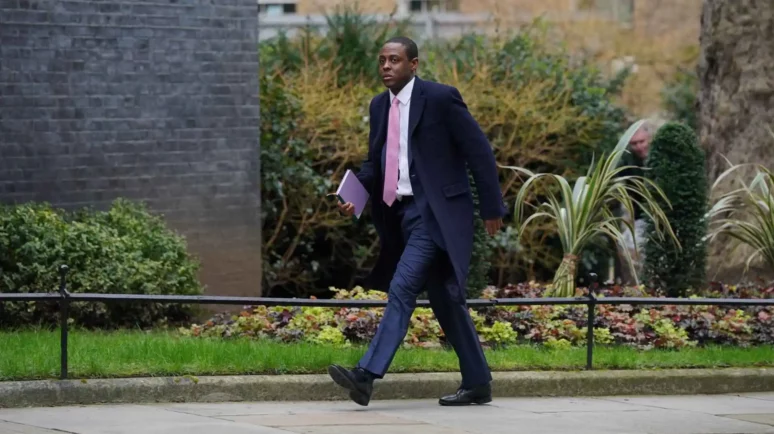UK Unions Release AI Bill to Safeguard Workers from Tech-Induced Risks

TUC General Secretary Paul Nowak said UK employment law hasn't kept pace with AI. Photo by Peter Byrne/PA Images via Getty Images.
Key Takeaways
- The UK’s Trade Union Congress (TUC) has published a bill focused on employment rights in the context of AI.
- With the country facing a general election before the end of the year, the bill offers a glimpse into how a future Labour government might regulate AI.
- The party is expected to publish details of its AI strategy in the coming weeks.
The UK’s Trade Union Congress (TUC) has published a bill seeking to regulate the use of AI in the workplace.
Given the political context, the “Artificial Intelligence (Regulation and Employment Rights) Bill” is unlikely to be aimed at the current government. But with Labour currently on course to win a significant victory in the next general election, the proposed legislation could prove influential among future policymakers.
AI Legislation and UK Politics
Although the current government has expressed its intention to regulate AI at some point, by all indications, it isn’t in a hurry.
Preferring a laissez-faire approach, even if they did win another term in government, the Conservatives may be reluctant to implement the strong worker protections laid out by the TUC.
Labour, on the other hand, grew out of the 19th-century trade union movement and maintains strong ties to many TUC members. (Although the TUC itself is not formally associated with any political party.)
As such, the recent document, which TUC General Secretary Paul Nowak described as “ready-to-go,” offers key insight into how a future Labour government might regulate AI.
Following the EU Model
One important takeaway from the proposed AI bill is its resemblance to the EU’s AI Act.
Like the AI Act, the bill mobilizes the concept of “high-risk” AI systems, setting out the conditions under which artificial intelligence should be regulated, including reporting and transparency requirements for developers and users, and a range of prohibited activities.
With a strong focus on workers’ rights, the bill suggests implementations of AI that affect people’s employment should be subject to additional safeguards.
Employment Rights in the Age of AI
The TUC bill would require employers to be transparent about their use of automated decision-making technologies. It would also guarantee that employees will be able to contest outcomes and request a human reconsideration.
Alongside the right to contest decisions made by AI, the bill would also enshrine the right to demand an explanation.
Rights would extend not just to employees, but also to contractors and jobseekers. Unlike the AI act, however, there is no mention of students or public service users.
Labour to Publish AI Strategy Within Weeks
For now, the Labour party itself has not publicly endorsed the TUC’s latest proposals. However, the union-backed AI bill seems to foreshadow an imminent AI policy announcement.
Addressing a recent event in London, shadow Science and Technology Secretary Peter Kyle said the party would publish its AI strategy in the coming weeks
“This strategy will look at the deployment and the uptake of AI technology in the public and private sectors,” he declared. “The Labour Party sees building public trust as essential to wider adoption of AI.”


